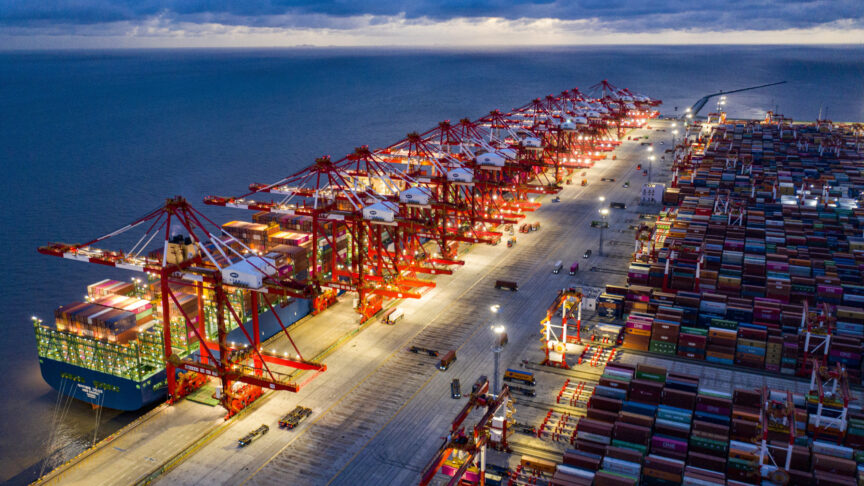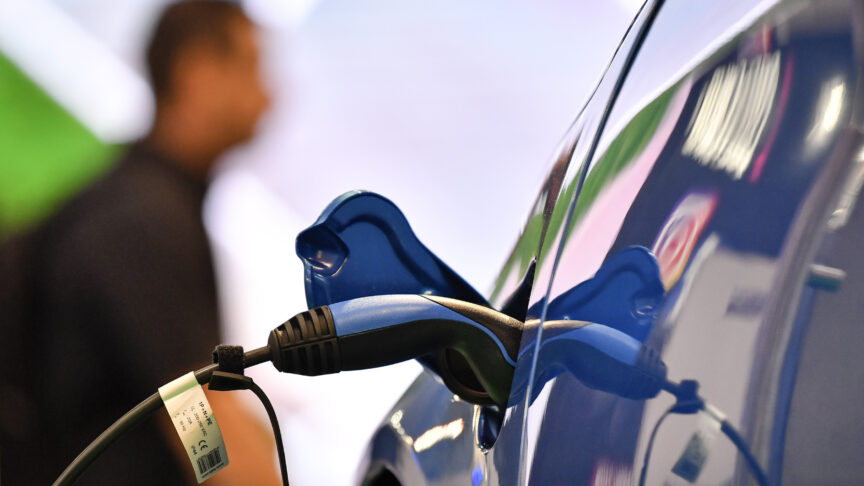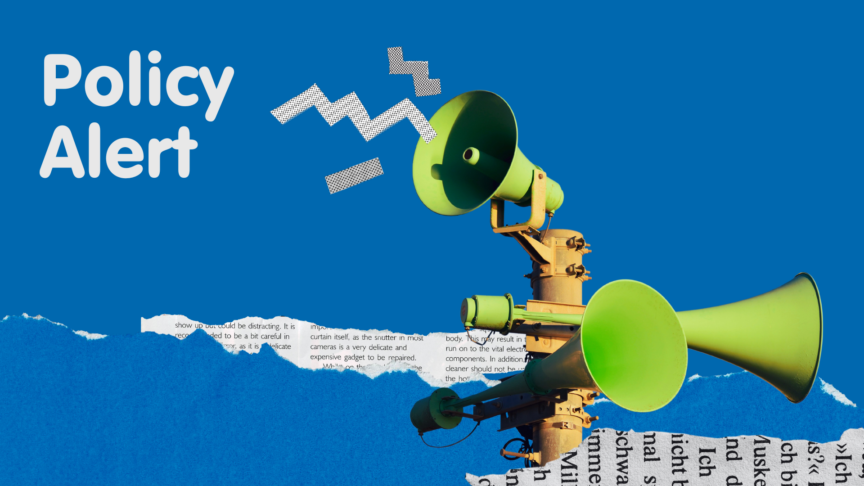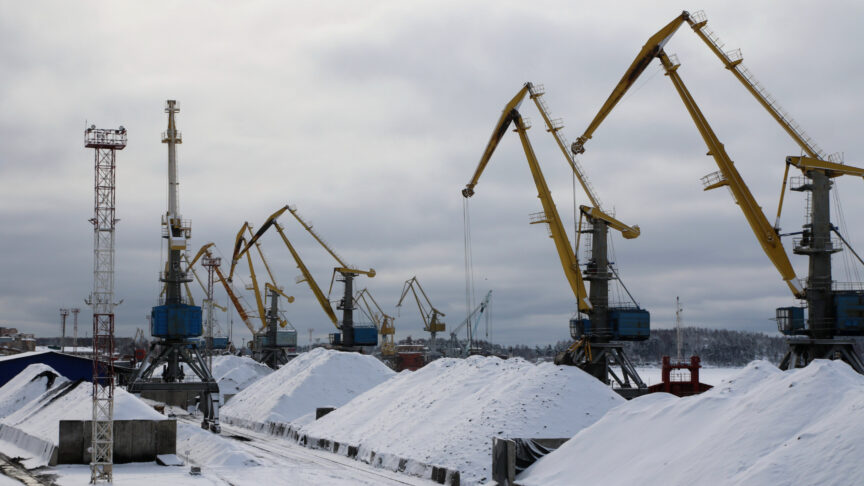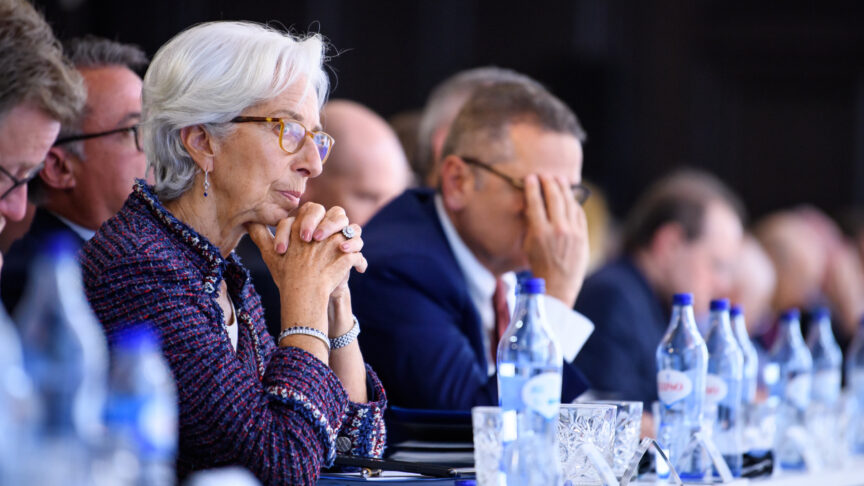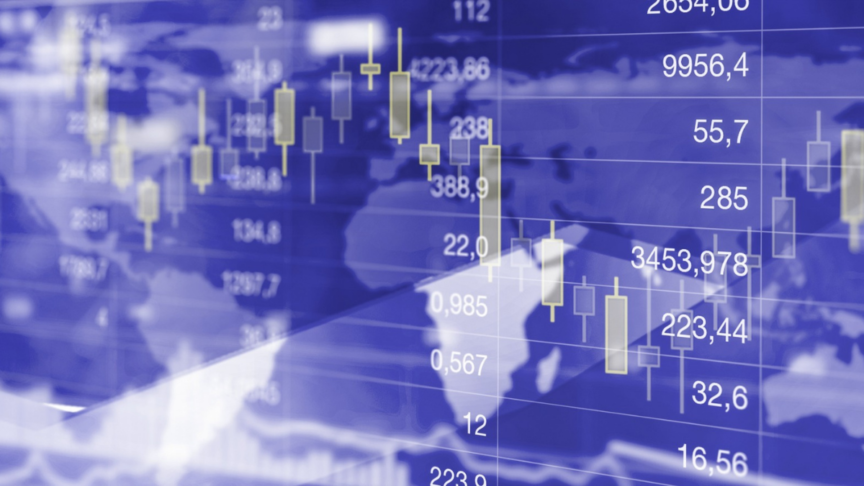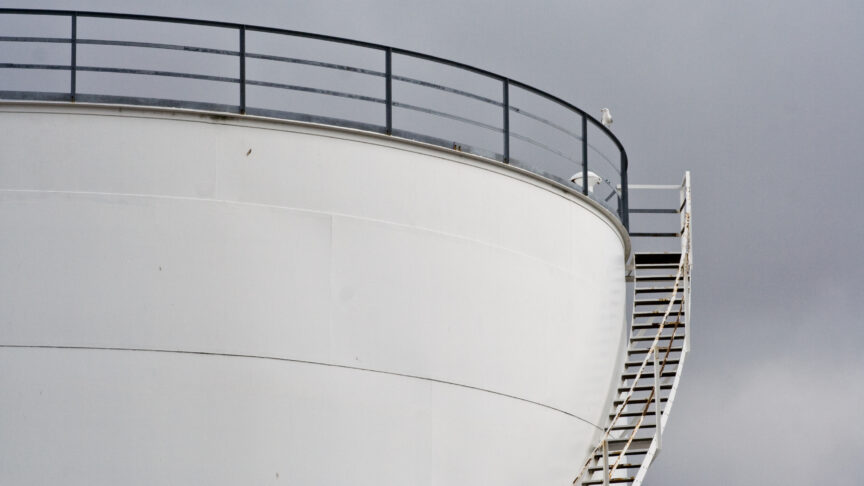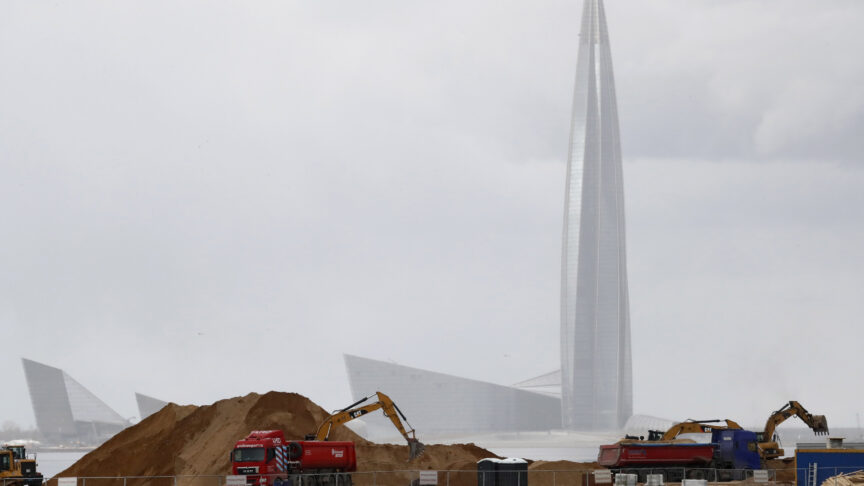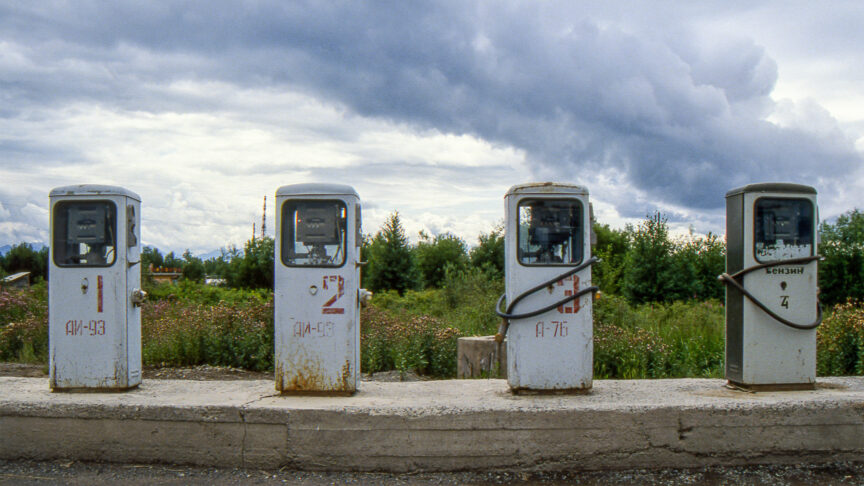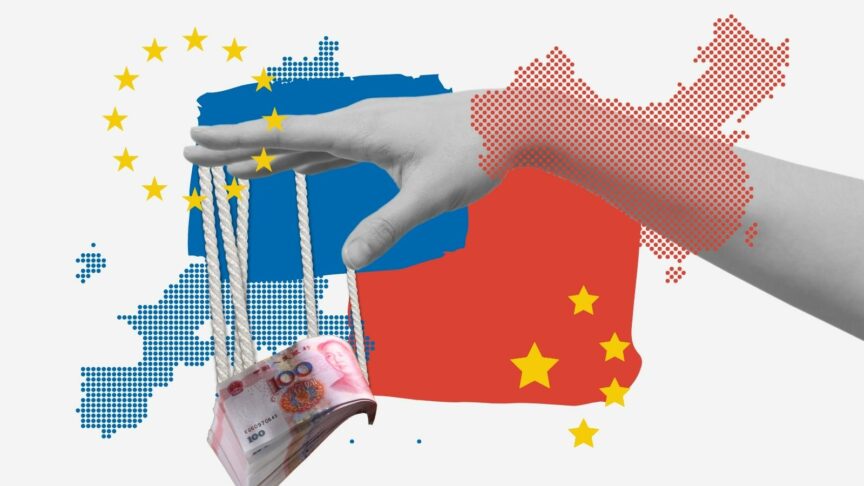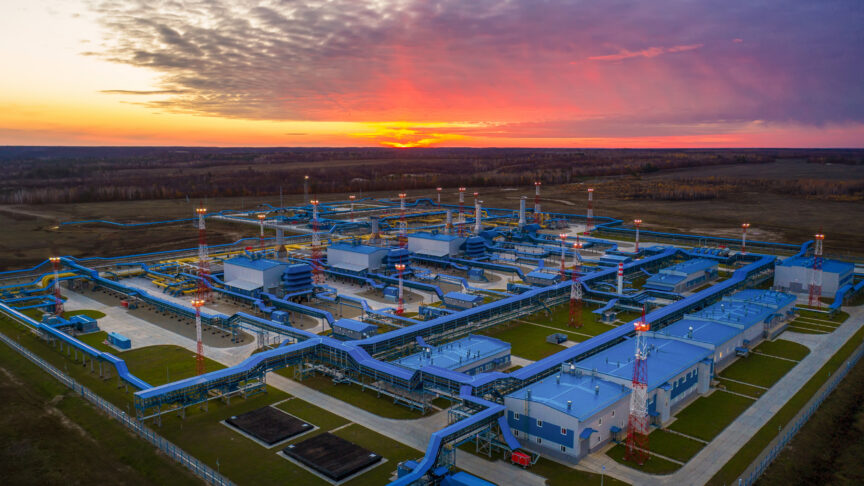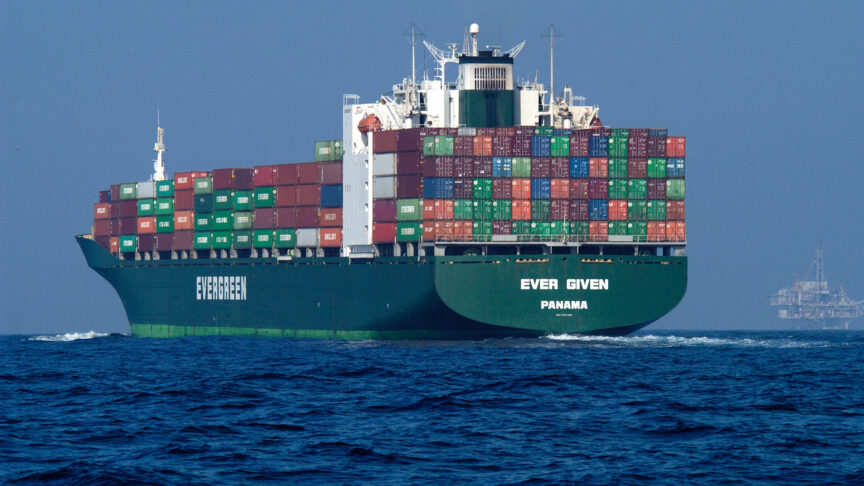Filip Medunic was the European Power programme coordinator.
Previously, he was the lead coordinator of ECFR’s Task Force for Strengthening Europe Against Economic Coercion. His work focuses on geoeconomics, and in particular sanctions policy and their implications.
He holds a Master’s degree in International Affairs from the Hertie School of Governance, Berlin as well as BA in Management, Philosophy & Economics from the Frankfurt School of Finance and Management.
Prior to joining ECFR, Medunic was a trainee with the Council of the European Union and working student at the Centre for International Peace Operations in Berlin.
